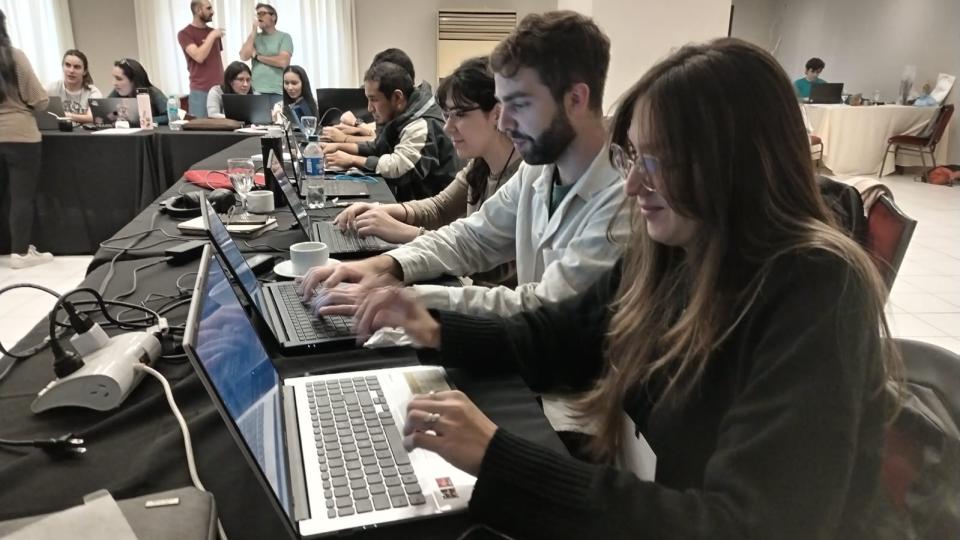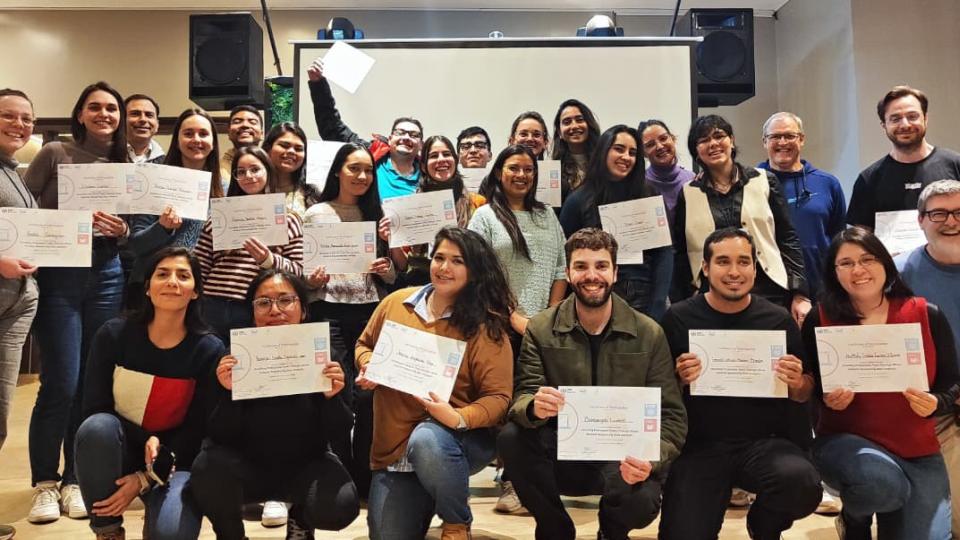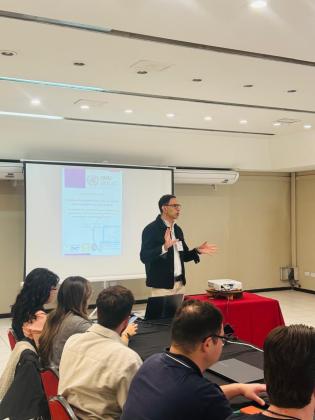Since the discovery of DNA, biologists have known they are dealing with a vast database. Still, our capacity to read it has only slowly built up over time, so the approach to studying nucleic acids has been purely biochemical for much of the history of genetics.
But as technology progressed, the amount of information we can now extract from genetic material is so big that biologists need to conduct themselves as computer scientists, and lagging computing capacities can take a toll on a region's biotechnological development prospects.
The course Unveiling Prokariotic Traits Through Whole Genome Sequencing Data Analysis, hosted by the National University of Tucuman in Argentina, is part of its coordinator, Dr. Julian Dib, and other UNU-BIOLAC collaborators' efforts to close the implementation gap of Next Generation Sequencing and genetic analysis technologies to give Latin America and the Caribbean's biotechnologists the required capacities to develop sustainable solutions.




